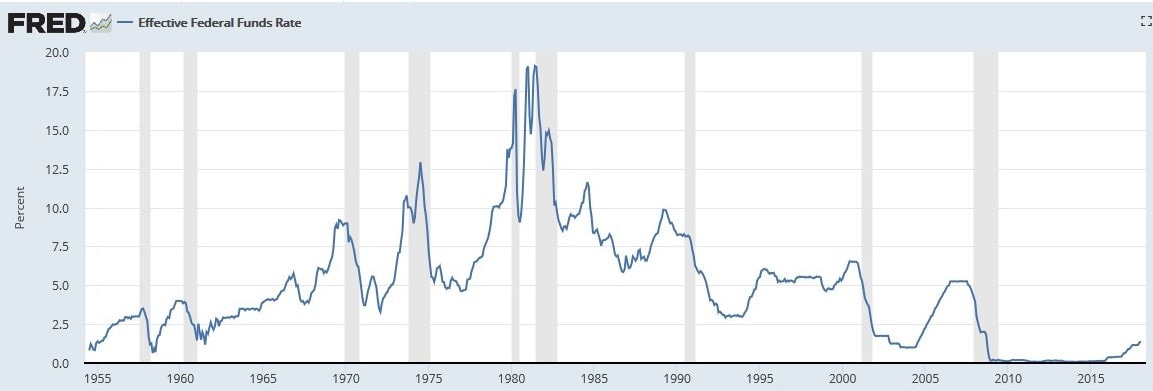
The Basic Rule of Investing: Have a Concept
It is remarkable how much long term advantage people like us have gotten by trying to be consistently not stupid, instead of trying to be very intelligent.
Charlie Munger, American investor, vice chairman of Berkshire Hathaway
First of all, we want to explain some basics of investing. For us, it is crucial that we want to teach how to invest and not how to speculate. There are fundamental differences and after all, we are looking at the long-term perspective and at a reasonable effort to support you in your long-term goals.
The U.S. Securities and Exchange Commission gives very practical hints on how to invest which are:
- Draw a personal financial roadmap
- Evaluate your comfort zone in taking on risk
- Consider an appropriate mix of investments
- Be careful if investing heavily in shares of employer’s stock or any individual stock
- Create and maintain an emergency fund
- Pay off high interest credit card debt
- Consider dollar cost averaging
- Take advantage of “free money” from the employer
- Consider rebalancing the portfolio occasionally
- Avoid circumstances that can lead to fraud
The Difference Between Investing, Speculation and Trading
The individual investor should act consistently as an investor and not as a speculator.
Benjamin Graham, investor and author of “The Intelligent Investor”, grandmaster of Warren Buffet
At InvestmentCanvas.com we believe in investing and not in speculation or frequent trading. Investing for us is putting money to increase personal wealth over an extended period of time with as little risk as possible.
Investing is based on proven facts and conditions that allow you to be as much in control as possible with the smallest risk possible. We believe in reducing costs as much as possible which leads to buy and hold strategies. We also believe in reinvesting profits and using tax optimized approaches to maximize profits and reduce risks.
Speculation for us is gambling. You place a bet and hope that you receive money afterward. You do not necessarily understand what you are doing. Also, in speculation, all your money might be lost in case your bet does not work. We also considered highly leveraged products such as CFDs as gambling.
Trading includes frequent buying and selling of assets like stocks, commodities or foreign currencies. Trading requires a lot of time and there are full-time professionals the regular individual cannot compete with due to lack of access to tools and data. Therefore we do not see short-term trading as investing.
Investment Managers Are Overvalued
It is difficult to systematically beat the market. But it is not difficult to systematically throw money down a rat hole by generating commissions (and other costs)
Michael Jensen, American economist, professor at Harvard University (1984 in Forbes Magazine)
Managers of funds must show activity to justify their existence and their salary. However, there are times in the market when it is better to do nothing, actively managed funds will trade anyways. Also, fund managers try to follow what everyone else is doing. When things go wrong they can justify their decisions. When they do something special and it goes wrong, they will lose their job.
When you look at statistics about actively managed portfolios you must take into consideration that the average success is overrated because all funds that do not exist anymore due to bad performance are not taken into consideration. There is just no data available. This is called the ‘survivorship bias’. It is assumed that the average overrating is between 0.4% and 0.9%according to a study by Edwin Elton, Martin Gruber and Christopher Blake.
Companies set-up several funds and do not bring them to the public. By market law, some of them will perform over average by coincidence. The companies will only put these funds on the public market and use the past data to sell them. This is called the ‘incubation bias’. Richard B. Evans proved this in an academic study.
Only Invest in What You Understand
Never invest in a business you cannot understand.
Warren Buffett, American investor, CEO of Berkshire Hathaway, considered one of the most successful investors in the world
In 1979, the International Monetary Fund (IMF) suggested to its members to remove the gold standard where paper notes are convertible at a preset, fixed rate with physical gold. This allowed politicians to freely define the interest rates.
While at the end of the 70s during the oil price shock inflations were fought with a 19% interest rate, it was reduced ever since to about 0% today. The following picture depicts the effective federal funds rate with data from the FRED.
Due to this, private investors had to move into other financial investments meanwhile banks started to offer more and more complex financial products that the individual investor cannot understand anymore. This is a huge danger, as many investors do not even understand what they are investing in.
Banks are interested in developing more complex financial products as margins are going down due to high competition on regular products. By this, they will confuse you with high costs of the products and they will not explain to you how they actually invest the money, just as in the sublime crises 2008.
Summary
To fight inflation you need to invest. And you better invest on your own because banks and advisors will charge you more in fees than they can return you in profit.


